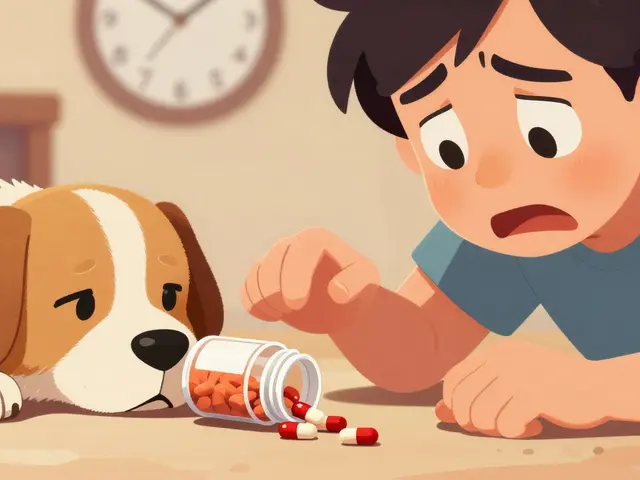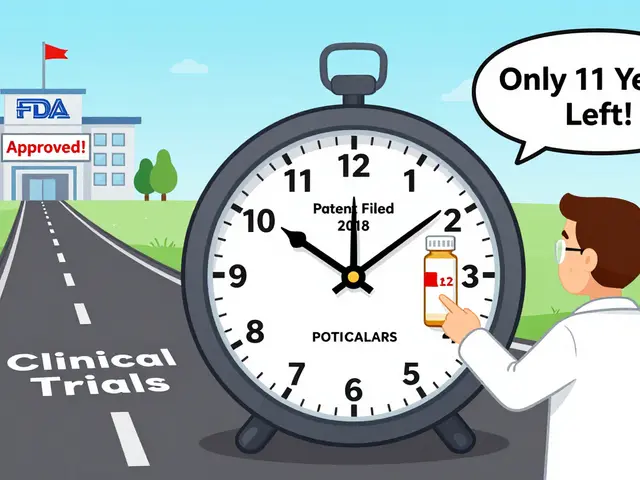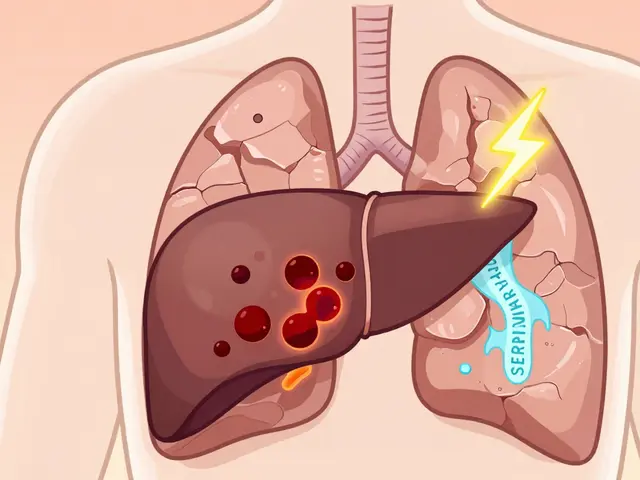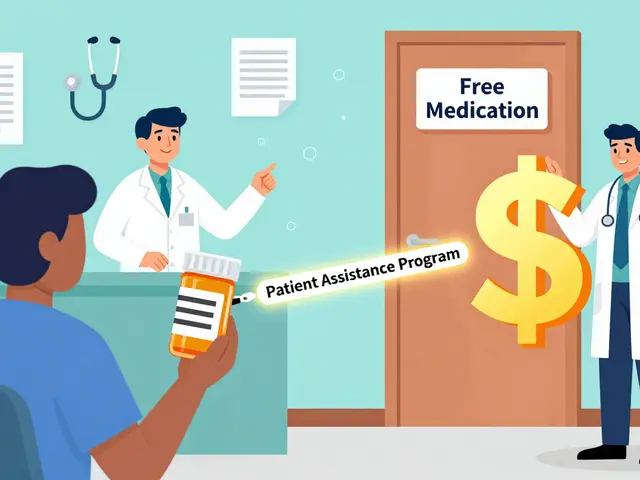Caffeine: What It Does, How Much Is Safe, and How to Use It Smart
Want more focus or a faster workout? Caffeine is the go-to pick for many. It boosts alertness, cuts perceived effort during exercise, and can lift mood for a few hours. But it’s not magic—timing, dose, and personal sensitivity matter. Use it well and it helps; overdo it and you get jittery, anxious, or sleepless.
How much is safe?
For most healthy adults, about 200–400 mg a day is a reasonable range. That’s roughly 1–4 cups of brewed coffee depending on strength. An average 8 oz cup has about 80–100 mg; espresso shots range 60–100 mg. Pregnant people should aim lower—around 200 mg/day or less is commonly recommended. Kids and people with certain heart or anxiety conditions should avoid high doses.
Caffeine works fast. You’ll feel effects within 15–45 minutes and they peak in a couple of hours. The half-life (how long half of the dose stays in your body) is usually 3–6 hours in adults but varies a lot. That’s why late-day caffeine can wreck sleep even if it seemed fine after lunch.
Practical tips to use caffeine smarter
Want the benefits without the crash? Try these simple moves: time caffeine around when you need a real performance boost (not as a crutch), avoid it after mid-afternoon, and don’t combine high doses with alcohol. If you rely daily, skip a high-caffeine day gradually—withdrawal headaches and low energy are common when you quit suddenly.
Read labels on energy drinks and pre-workouts—some contain 200–300 mg in one serving plus other stimulants. Combine caffeine with water and food to reduce stomach upset. If you struggle with anxiety, palpitations, or insomnia, cut back and test the difference for a week.
Watch for interactions. Smoking speeds up caffeine breakdown, so smokers often need more for the same effect. Certain antibiotics (like ciprofloxacin), some antidepressants, and liver conditions can raise caffeine levels by slowing clearance—talk to a clinician if you take prescription meds regularly.
Caffeine is a tool, not a fix-all. Use it to sharpen real tasks—studying, meetings, workouts—rather than to patch poor sleep or constant fatigue. If you’re using strong stimulants or prescription wakefulness drugs, check with a healthcare provider about combining them with caffeine. Small changes—timing, dose, hydration—make caffeine work better and feel cleaner.
Want practical reads from UniversalDrugstore.com? Check our posts on cognitive enhancers and wakefulness aids to compare how caffeine stacks up against options like modafinil or other supplements. Got a specific question about dose or interactions? Reach out through our contact page and we’ll point you to the right article.
Natural Bronchodilators for Asthma Relief: Best Caffeine, Boswellia, and Breathing Methods Instead of Albuterol
If you want to breathe easier without always reaching for your inhaler, certain natural bronchodilators can help. This article covers how caffeine, boswellia, and proven breathing techniques can give you fast relief when you feel tight-chested, and it breaks down how these methods compare with popular asthma meds like albuterol. You'll see hard facts, research findings, user tips, and where to find safe, modern options for asthma care.
Read More





